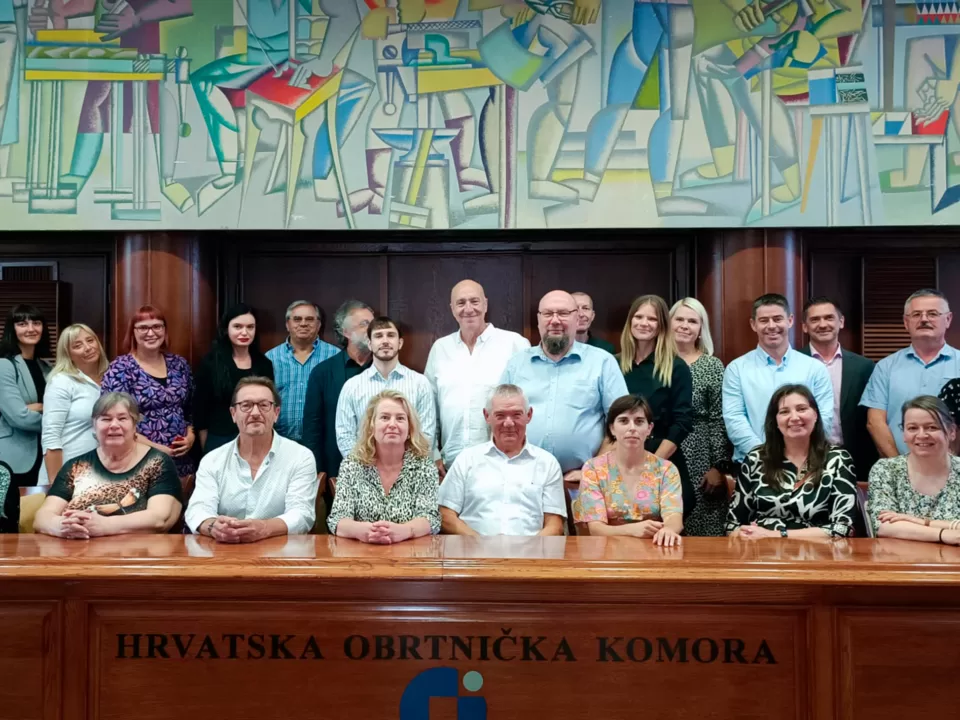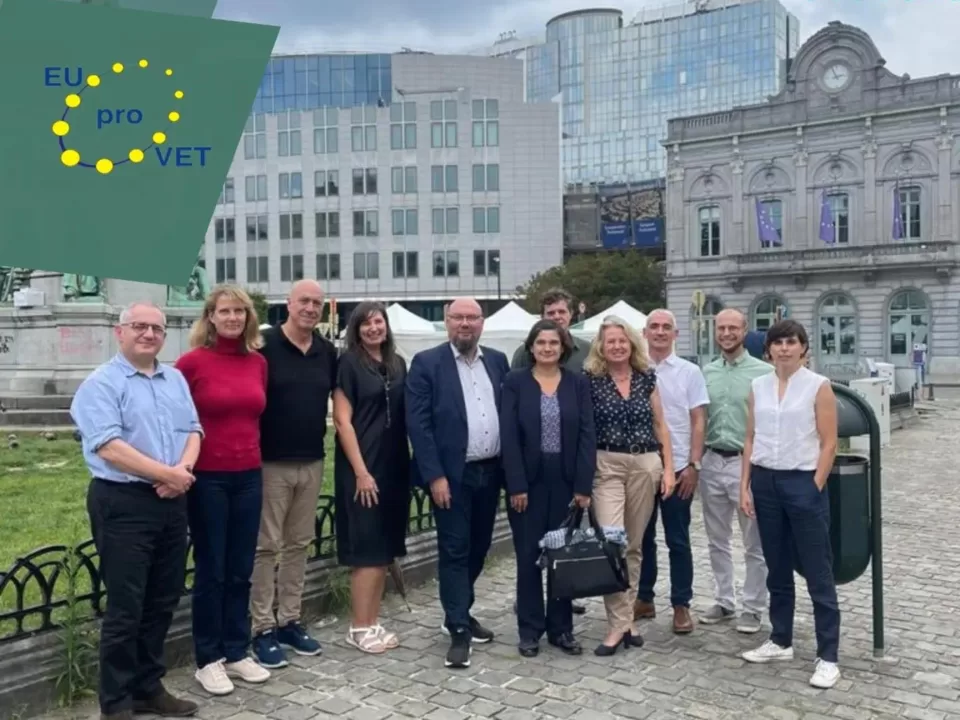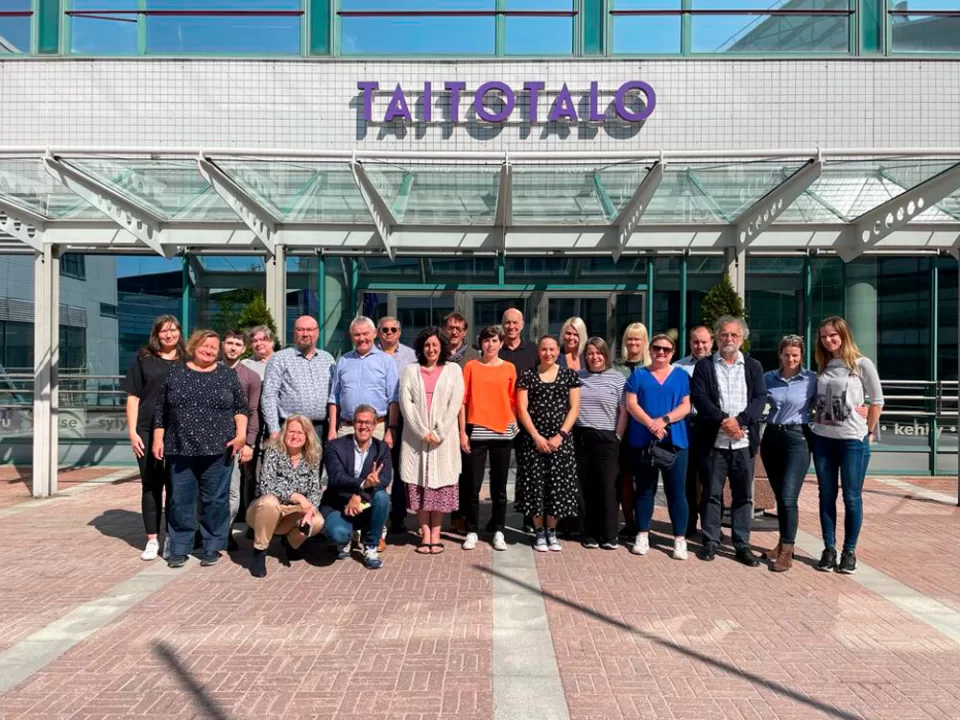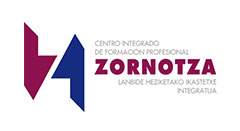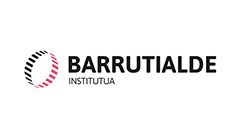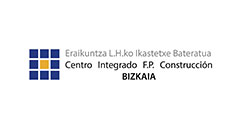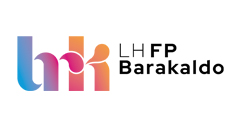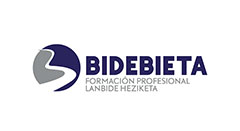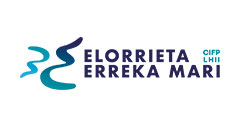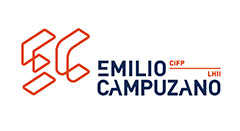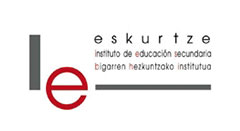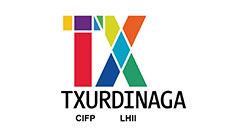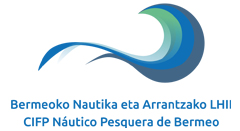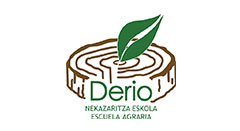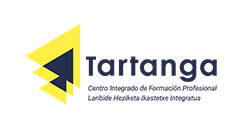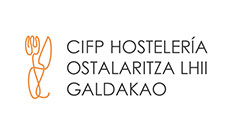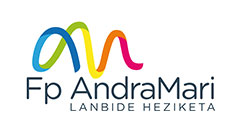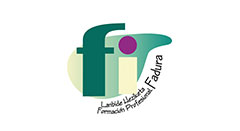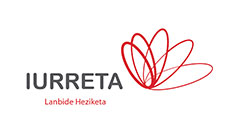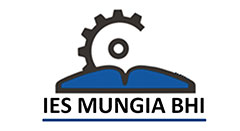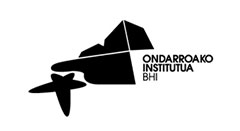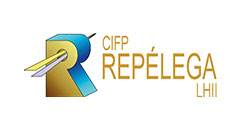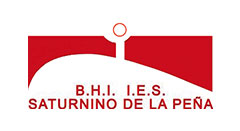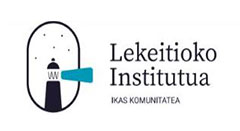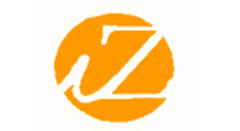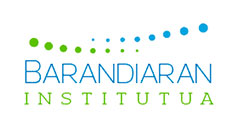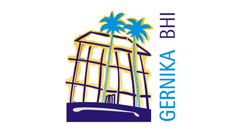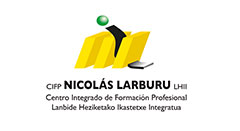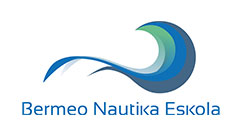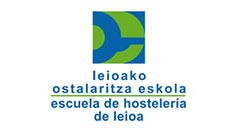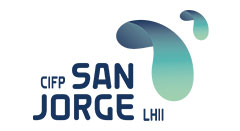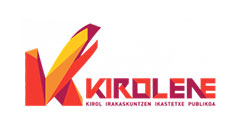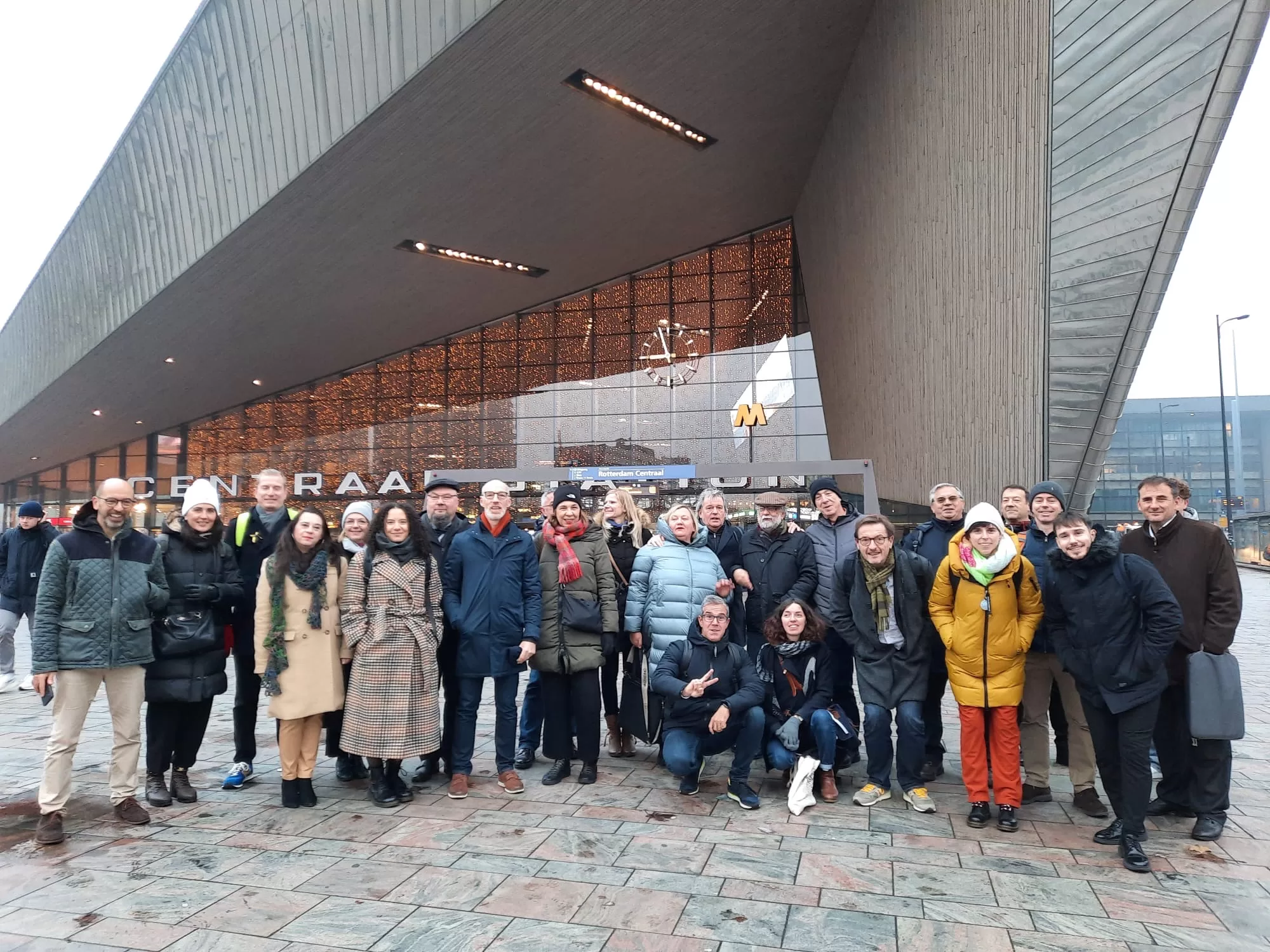
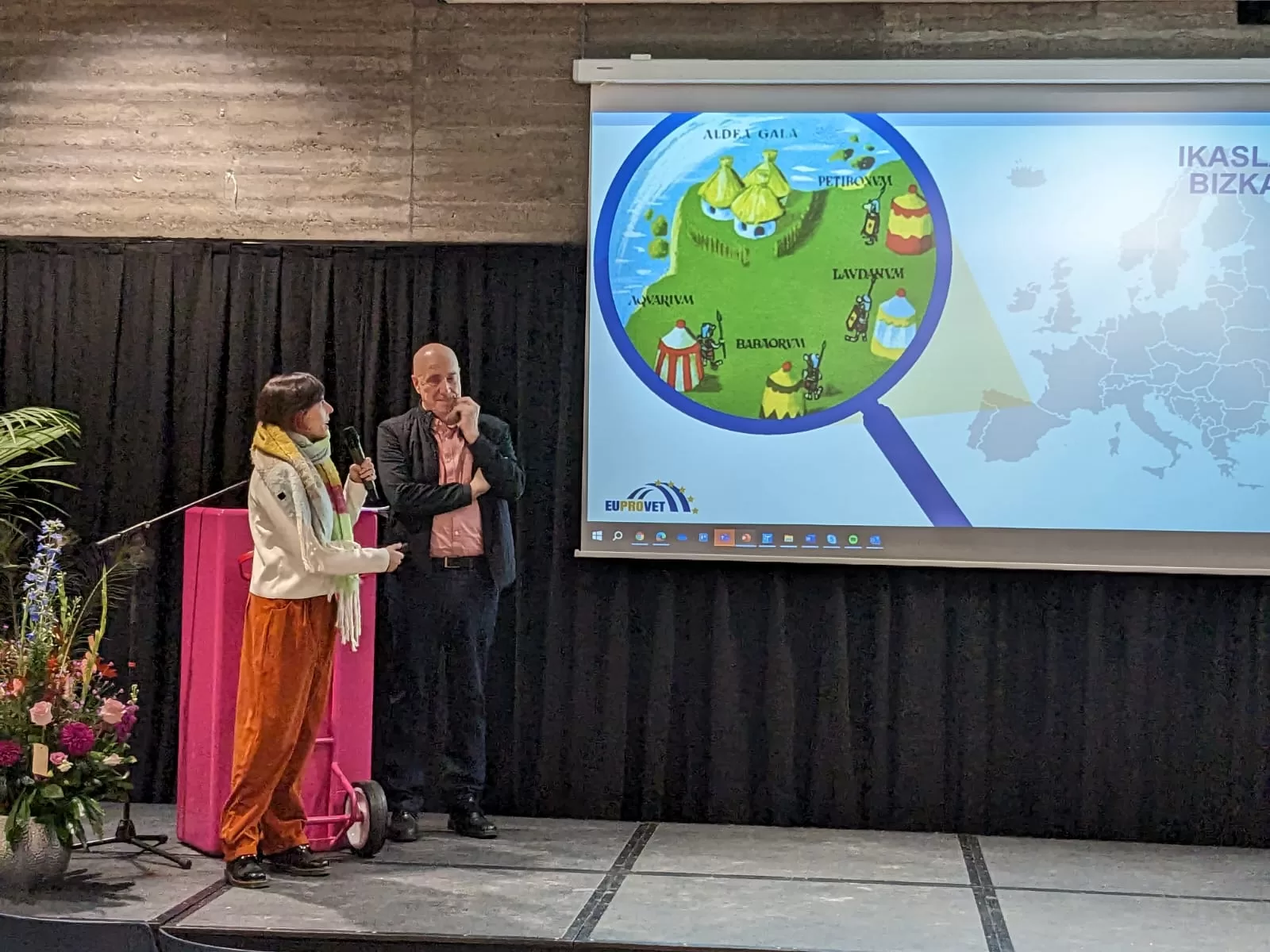
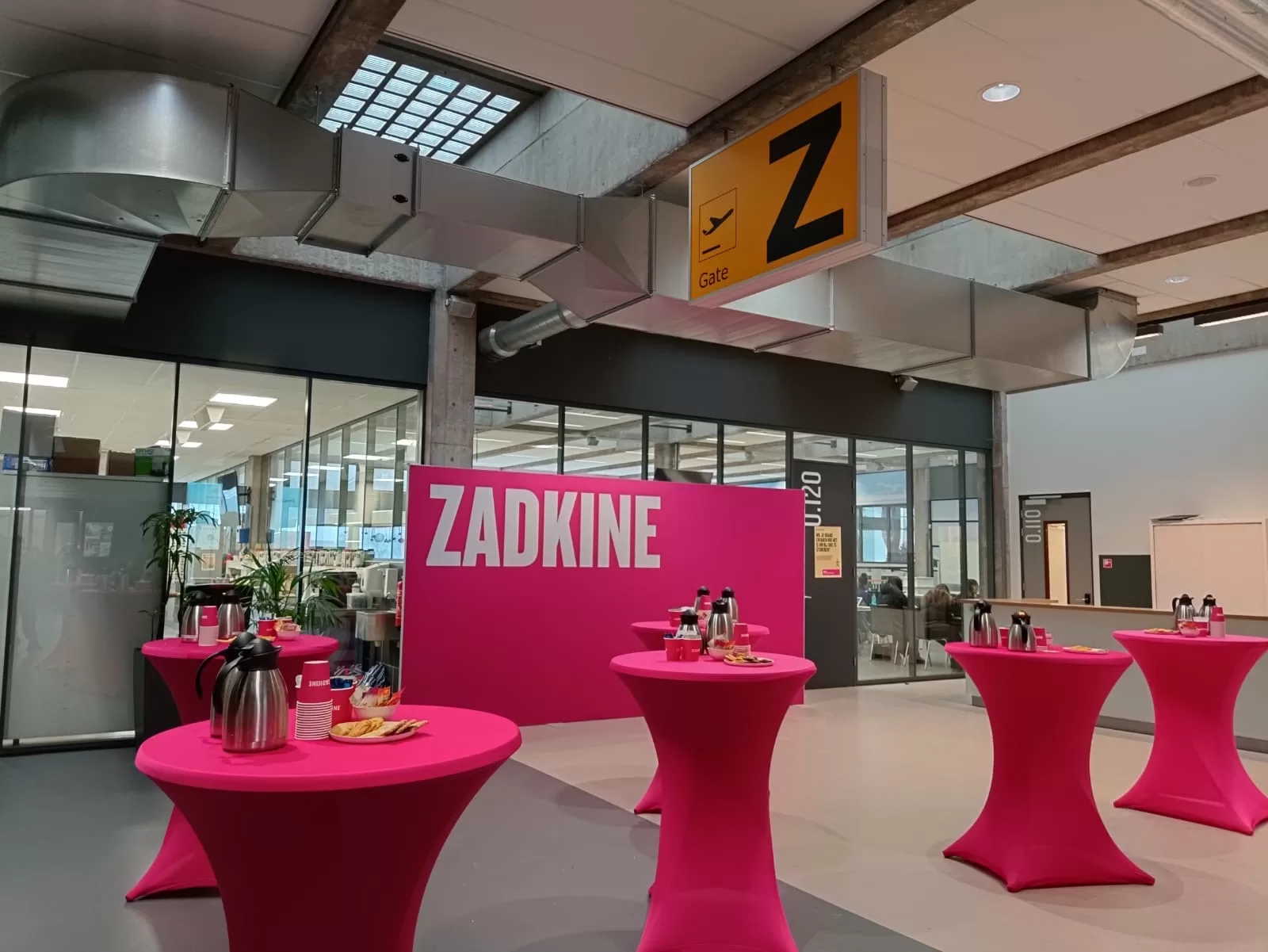
The members of the EUproVET network, an association representing European VET providers, met on December 30 and 1 at the Zadkine center in Rotterdam, the Netherlands, to close the Praline project.
During these two days, in addition to analyzing the results of the project, it was possible to share experiences and lessons learned, review good practices to reinforce adult learning and present real success stories, such as the one from Ireland.
In addition to the presentations, the meeting included a series of workshops on the implementation of new technologies for the development of new learning methods, such as AI, automation and sustainable development goals, and the implications they can have on VET and adult learning. The second round of workshops dealt with peer learning (PLA – Peer learning activity) and how the construction of knowledge can occur through interaction between people who share similar characteristics, addressing issues such as integration strategies and host language for immigrant students and basic skills.
On behalf of Ikaslan Bizkaia, Alba Estanyol and Mariano Roman were in charge of introducing themselves as new members of the EUproVET network, remarking that Bizkaia has 28 VET centers based on diversity and plurality, and that they advocate the need to design new policies for the development of new competences at European level.
The Praline project has pursued specific objectives from the outset, which are set out in its document, 18 Policy Recommendations, including, for example, ensuring that all learners, regardless of their socio-economic background, have access to quality education and training, improving the quality of adult learning and VET centers to enhance good learning environments, and offering a variety of access to learning to increase adult participation.
The partnership between Ikaslan Bizkaia and EuProVet aims to be a key driver for the achievement of current and future VET and lifelong learning objectives across Europe, facilitating clear and coherent two-way communication between policy makers and VET providers at European level.



